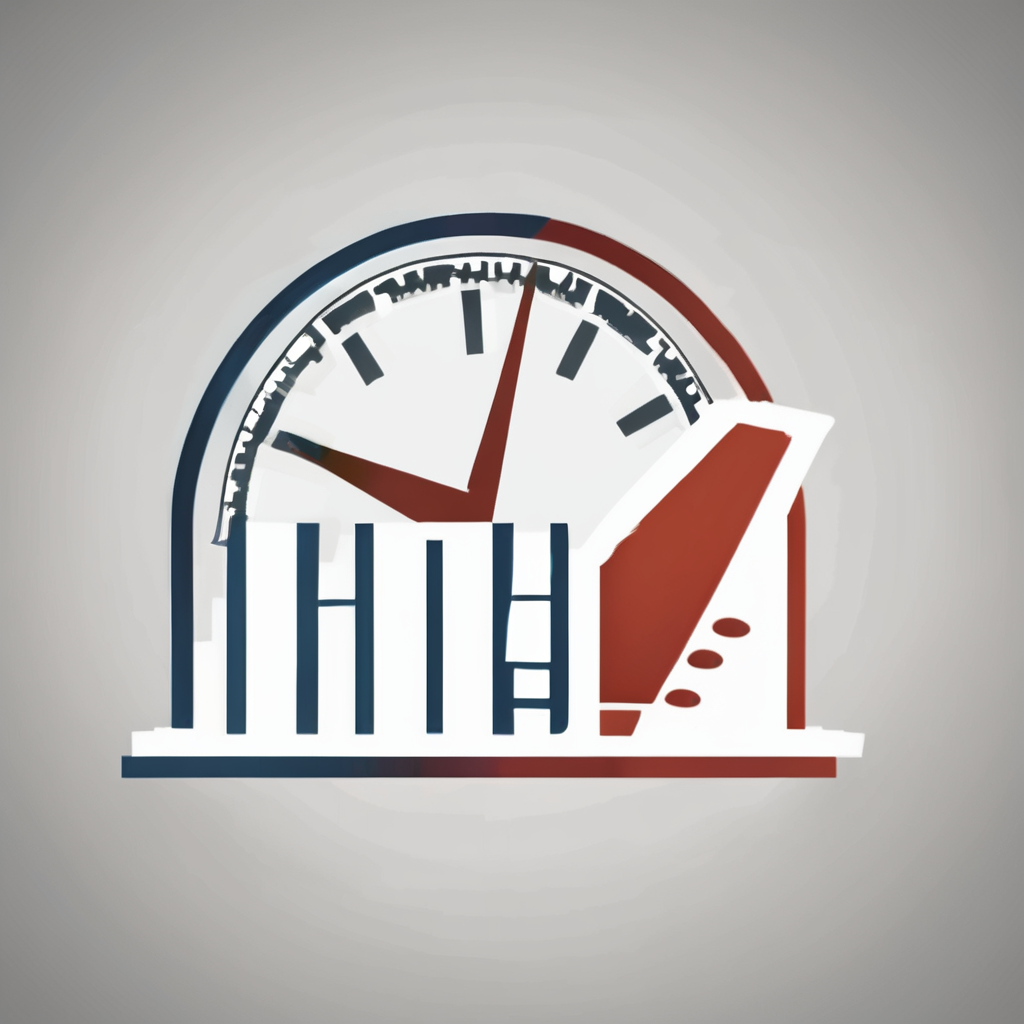Understanding Remote Rental Management
Remote property management has become crucial for landlords who aim to efficiently manage properties without being physically present. This strategy not only saves time and resources but also empowers landlords to expand their portfolios across different locations. As UK landlords embrace this approach, they leverage technology to streamline operations and enhance tenant satisfaction.
One of the major benefits of remote property management is the flexibility it offers. Landlords can address tenant concerns, handle maintenance requests, and ensure property security, all from afar. With an efficient management system, they can cater to a larger clientele, optimizing their investment potential while maintaining quality service.
Additional reading : Essential Tax Insights for UK Investors: Navigating Overseas Property Investments
Emerging trends in technology are reshaping how remote management is conducted. Smart home devices, integrated with property management platforms, allow for real-time monitoring and remote control of essential systems like lighting and heating. Additionally, the use of advanced analytics helps landlords make informed decisions, further enhancing property management processes.
For UK landlords, the integration of these technologies with strategic management can lead to successful remote property management. By understanding these benefits and the current technological landscape, landlords can develop strategies that not only meet tenant expectations but also ensure a seamless and efficient management experience. As the trend continues to grow, staying abreast of new technologies is key to maintaining a competitive edge.
Also to read : Navigating your path to homeownership: a comprehensive first-time buyer’s guide to mortgage schemes in the uk
Essential Tools for Remote Management
In the realm of remote property management, leveraging the right tools is essential for landlords to maintain seamless operations. Property management software plays a crucial role, offering comprehensive solutions for managing rental activities and tenant interactions. Platforms like Buildium and AppFolio provide features such as rent collection, expense tracking, and maintenance scheduling. These tools efficiently handle various administrative tasks, freeing landlords to focus on strategic decisions.
Effective communication tools are vital in enhancing the landlord-tenant relationship. Innovative platforms like Slack or Zoom facilitate real-time conversations, ensuring clear and concise messaging. These tools foster a collaborative environment, making it easier to address tenant concerns promptly and build trust and rapport.
Automation systems further streamline property management by taking over repetitive tasks. Automated rental payment reminders, digital lease renewals, and maintenance notifications simplify operations, allowing landlords to focus on portfolio growth. Implementing these systems ensures efficiency and reduces the risk of human error, which is crucial for those managing multiple properties remotely.
Landlords who embrace these advanced tools and technologies are better equipped to handle the complexities of remote property management, ultimately leading to improved tenant satisfaction and a more profitable property management experience.
Optimal Communication Strategies
Effective landlord-tenant communication is pivotal for ensuring a smooth management experience. Open channels keep tenants informed, leading to a satisfied relationship. To achieve this, landlords must employ best practices that focus on timely and clear communication.
Regular updates via email or automated messaging systems can be invaluable. These tools ensure that important information — such as maintenance schedules or policy changes — is conveyed without delay. Clear and concise messaging helps to prevent misunderstandings and ensures all parties are on the same page.
Building trust and rapport with tenants remotely requires empathy and responsiveness. Personalised communications that acknowledge tenant concerns can foster a positive impression. Using platforms like Slack or WhatsApp for more immediate responses can demonstrate commitment to tenant needs.
Managing tenant inquiries and feedback is essential. Dedicated platforms like Zendesk or Help Scout offer structured environments where tenant interactions can be logged, tracked, and addressed systematically. This not only enhances tenant satisfaction but assists landlords in identifying and addressing recurring issues proactively.
Consistency in communication ensures expectations are aligned and cultivates a cooperative atmosphere. By adopting these strategies and tools, landlords can maintain strong, positive relationships with tenants even from afar.
Legal Considerations for Remote Management
For UK landlords engaging in remote property management, understanding legal obligations is paramount. It is essential to navigate UK rental laws to ensure compliance and protect both the landlord and tenant rights. Familiarity with legal requirements will help landlords manage properties efficiently while avoiding costly legal pitfalls.
Tenant rights in the UK are robust, mandating awareness and respect from landlords. These rights include secure housing conditions and protection against unfair eviction. Remote landlords must integrate these rights into their management strategies to foster trust and avoid disputes. Continuous education and updating on tenant rights are crucial for compliance.
Compliance with legal standards requires diligence. Landlords must ensure that rental agreements are comprehensive and transparent, aligning with current legal statutes. Regular property checks, either physically or through virtual assessments, can uphold rental standards.
To stay informed about evolving legal landscapes, landlords should utilize resources like online courses, legal consultations, and landlord associations, which provide updates and detailed explanations of UK rental laws. Leveraging these resources can help landlords refine their strategies, ensuring their remote management practices remain legally sound and tenant-friendly.
Financial Management for Remote Rentals
Navigating the financial landscape of remote property management requires effective financial tracking and expense management strategies. Tools like Stessa and QuickBooks facilitate seamless income and spending oversight, ensuring landlords maintain robust financial records without being physically present. These platforms offer features such as automated expense categorisation, real-time financial reporting, and alerts for due payments, providing landlords with a comprehensive view of their rental income streams.
Incorporating budgeting best practices is crucial for managing rental properties efficiently. Landlords should routinely assess cash flow to preempt potential shortfalls and allocate adequate funds for unexpected maintenance or upgrades. Adopting a zero-based budgeting approach, wherein every dollar of income is assigned a specific purpose, can aid in optimising financial health.
It’s essential for remote landlords to understand the tax implications inherent to property management. This includes awareness of allowable deductions such as property repair costs or management fees, which can substantially impact overall profitability. Consulting with tax professionals or using specialised software like Landlord Vision can help landlords navigate these complexities with confidence.
By integrating these financial management tools and strategies, landlords can ensure sustainable growth and profitability in the long term, adhering to the essential principles of financial prudence in remote rental management.
Case Studies and Best Practices
Exploring successful remote management experiences allows landlords to gain insights into effective strategies and practices. Real-life examples show how some landlords have transformed their operations, achieving success by embracing innovative technologies and landlord strategies. For instance, a London-based landlord expanded his property portfolio across the UK through a robust remote property management system. This involved utilising advanced property management software to manage finances and communicate with tenants effectively.
Lessons from such effective landlords highlight the importance of integrating technology and adapting to changing trends. A key takeaway is the adoption of automation systems to streamline repetitive tasks, enabling landlords to focus more on strategic growth. Another successful practice is leveraging data analytics to make informed decisions, enhancing the efficiency of their property management processes.
These case studies underscore vital learning from others, providing actionable strategies for landlords looking to optimize their remote management efforts. A collaborative approach involves networking with peers, sharing insights, and participating in forums designed for property management professionals. By doing so, landlords can continuously evolve and adapt their methods, ensuring long-term success and tenant satisfaction in the competitive remote rental market.
Actionable Steps and Checklists
Embarking on remote rental management can be intricate, yet utilising a structured approach ensures a successful transition and operations. A well-crafted remote management checklist is instrumental for landlords seeking efficient management practices.
Step-by-Step Guide for Setup
- Assessment: Begin with a comprehensive evaluation of your property management needs to pinpoint areas where technology can bridge gaps.
- Selection of Tools: Choose reliable property management software; this is crucial to streamline activities and keep everything organised.
- Communication Strategy: Implement effective communication tools to enable consistent landlord-tenant communication, fostering clear and concise interactions.
Checklists for Seamless Management
- Ensure all legal documents align with UK rental laws, and tenants’ rights are fully respected. Regularly update these in compliance with evolving regulations.
- Utilize automation systems to remind tenants of rent due dates and effortlessly manage maintenance requests.
Recommended Resources
- Online courses: Enroll in property management courses for continuous learning.
- Networking: Engage in forums with other landlords to share experiences and insights.
- Professional consultations: Regularly consult with legal and financial experts to stay current with changes in laws and financial obligations.
By following these steps and using precise checklists, landlords can enhance their property management effectiveness for long-term prosperity.











